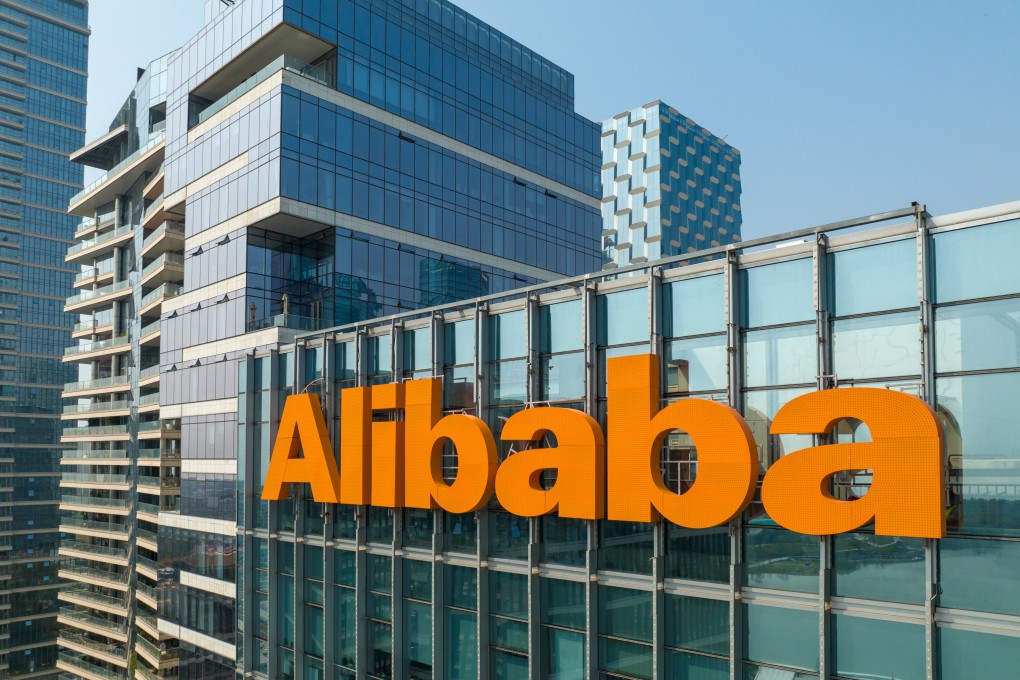Alibaba to sell bonds to repay debt, fund stock buy-back amid low interest rates
The Chinese e-commerce leader is issuing bonds denominated in US-dollar and yuan to help repay debt and fund stock repurchases

The principal amount, interest rates, maturity dates and other terms of the notes would be determined at the time of pricing of the offering, the company said in a Hong Kong stock exchange filing on Monday.
Alibaba, owner of the South China Morning Post, aims to raise US$5 billion, according to a Reuters report, citing unnamed sources. The dollar bonds will mature in 5.5 years, 10.5 years and 30 years, while the yuan bonds will have tenors of 3.5 years, 5 years, 10 years and 20 years, the report said.
Low interest rates in Asia-Pacific and other parts of the world have made debt issuance relatively inexpensive, “providing a strategic opportunity for companies to invest or execute share buy-backs to enhance capital returns”, said Kenny Ng Lai-yin, a strategist at Everbright Securities International.

Based in Hangzhou in eastern Zhejiang province, Alibaba has embarked on its most aggressive stock buy-back since launching the programme in the midst of the Covid-19 pandemic in late 2020 to shore up its share price. It has spent US$14.7 billion this calendar year, versus US$9.5 billion in 2023, US$10.9 billion in 2022 and US$10.6 billion in 2021, according to its filings.